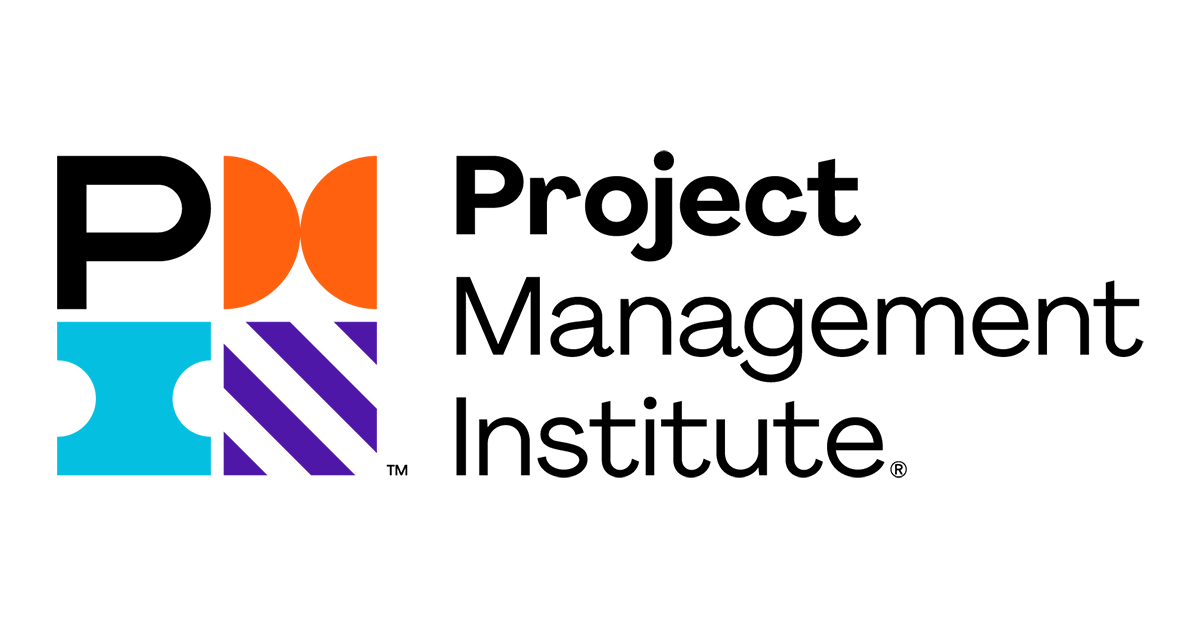"Construction sector participants should rethink their operating approaches to avoid being caught out in what could be the world's next great productivity story".
This quote is from the McKinsey Global Institute report: Reinventing Construction: A Route to Higher Productivity. It says the industry could boost productivity by 50-60%, but only if it hastens the digital transformation effort.
Despite the battle with timelines and budgets, there is a real sense of progress and change at play. Big leaps towards digital transformation are leading to a brighter future.
Access to tools and resources are empowering construction firms to flip the narrative and play a leading role in the world's next great productivity story.
Let's look at four ways this is happening right now:
Government initiatives and a booming pipeline
The government published The Construction Playbook at the end of 2020. It is the blueprint for delivering public work projects "better, faster, safer, and greener". – combining best practices and sector reforms to bring the new investment plan to life.
Boris Johnson revealed the Build Back Better plan in the same year. It looks to "redress Britain's historic underinvestment in infrastructure with over £600 billion of gross public service investment over the next five years".
It includes £100,000 billion of capital investment in 2021-22. Along with resource injections into skills, innovation and a 'Green Industrial Technology'.
and the opportunity...
Investment gives the industry a boost of confidence that sparks more investment in resources and skills. Infrastructure acts as a catalyst for growth, and the investment proves there is demand for it in the UK.
When the government gives this assurance, the private sector often follows, which increases funding into bettering the industry. Maximising the opportunity to enhance productivity and deliver optimal value for money.
Powerful bodies leading the way
There are lots of professional bodies, academic associations and consultancies that serve the construction industry. Their insights into productivity are shaping the future of the sector, with frameworks being created to drive it forward. The Construction Innovation Hub's Value Toolkit is a sterling example of this in action.
Here are some key institutions involved in that exciting project, plus others that are doing great work for the industry.
and the opportunity...
The industry has access to multiple resources like reports, publications, events, and training. Forming a knowledge-sharing platform that can improve productivity at scale.
Most companies are feeling the impact of the productivity problem and these bodies are providing insights into overcoming it. There is direction from analysts, consultants and people who have the industry’s well-being and success at their heart.
Digital natives entering the industry
An ageing workforce is a big problem for the construction industry. In 2011, the Office of National Statistics estimated that 20% of UK-born construction workers were over 55. Many are preparing for retirement by now and it is contributing to the skills shortage.
It is a puzzling situation. The older workforce is often blamed for construction's hesitancy to adopt technology, while their skills prove irreplaceable. At the same time, the lack of technology for even the most basic of processes is pushing young people elsewhere.
and the opportunity...
Digital natives are filtering into the industry to replace the retiring workforce. Not at the ideal pace, but the other gaps can be filled by technology. In fact, the younger generation expects it.
Digital natives are aware that digital tools exist to ease their processes. It should create a snowball effect. They adopt new technology, which speeds up digital transformation and boosts productivity.
Construction's Going Green
Construction is impacting the environment. The 2020 Global Status Report for Buildings and Construction says it contributed to 38% of global energy-related C02 emissions. No matter the size of the project, the consequences lead to the:
- Destruction of ecosystems
- Pollution caused by the building material manufacturing process
- Erosion and runoff from construction sites that damages local nature
- Air pollution produced by heavy machinery
- Accidents and spills that contaminate soil, air and water with toxic chemicals
But this isn't a stain on the industry. It is a chance to turn the tide, and many are doing it with green construction.
and the opportunity...
The global market for green construction is projected to reach £431 billion by 2027. Companies that make green choices should be more profitable as demand for low impact building grows. By investing now, firms should get ahead in the future.
As technology adoption increases, there is a chance to look at the environmental impact too. Bringing construction down to carbon neutral status as soon as possible. Just the move from paper digital will significantly reduce the negative impact.
The world’s next great productivity story
Construction firms can play a leading role in the world’s next great productivity story. For decades, it has been high risk and low reward. But now there is an opportunity to exploit.
It is encouraging to see so many companies turning to technology to improve performance. On this path, they should bring more projects in on time and on budget.
Clients will make money from assets faster. Contractors should get incentive payments and win more jobs. We relieve pressure on the environment.
Does that not seem like a world we want to live in?
If you would like to talk more on this subject and see how Causeway can help you, then please schedule a quick call with our expert Shaun Lyons.























